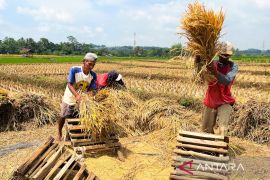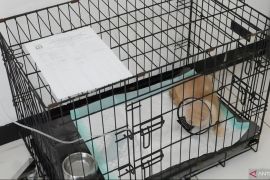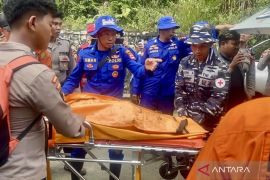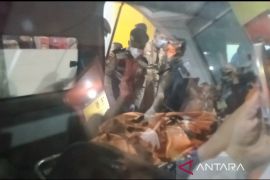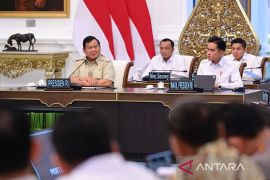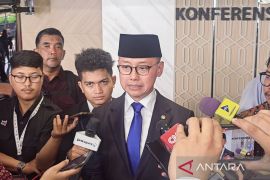"The air raids on the Sanaa international airport destroyed the main runway and set the aircraft fuel station on fire," the official told Xinhua on condition of anonymity.
Huge black smoke could be seen rising from the airport in northern Sanaa, according to residents.
The airport officials said the airport was due to receive a plane loaded with medical aid and another flight carrying Yemeni citizens stranded in Jordan back to the country, but the airstrikes took place an hour ahead of the coming flights.
They told Xinhua that after airstrikes the coming flights would not be able to land and aids delivery was halted.
After a month of air raids and battles, the Yemeni people are in urgent need of food, medicine and fuel. The international agencies started to distribute aids in Yemen about two weeks ago, but met difficulties in entering the provinces where fierce battles were taking place.
Meanwhile, air bombardments continued on Tuesday to hit several military targets controlled by the Shiite Houthi group across the country.
In the overnight strikes, Saudi-led fighter jets hit military sites in and around Sanaa and a residential house belonging to Houthi military leader Abu Ali al-Hakim, who was sanctioned together with former President Ali Abdullah Saleh by the United Nations Security Council last year, for using violence to threaten Yemens peace and stability.
Sources said three of al-Hakims bodyguards were killed and two others wounded, but the fate of al-Hakim was still unknown.
The Saudi-led coalition also pounded air defence base in the Red Sea port city of al-Hodayda overnight, killing scores of the militants, according to security sources.
Heavy clashes erupted in the central province of Marib on Tuesday between Houthi fighters and pro-government forces in Sarwah area, leaving at least 20 people from both sides dead, according to tribal sources. They said Houthis were trying to seize control of the oil-producing province.
In the southern regions, fighting continued Tuesday in the Taiz province between the Houthis backed by army units loyal to former President Ali Abdullah Saleh and tribal fighters who support President Abd-Rabbu Mansour Hadi. Residents said dozens from both sides were killed, but giving no specific number.
The death toll have reached more than 1,000 since the battles and airstrikes began in late March, and more than 3,000 people were wounded across the country, according to statistics released by the Yemeni government. Hundreds of thousands of people, especially in the southern regions, were forced to flee their homes.
Saudi Arabia started on March 26 airstrikes against the Houthi group and forces loyal to Saleh who was accused of supporting the Houthis to overthrow Hadi, aiming to reinstate the Yemeni government.
It announced last week the halt of air raids, saying the coalition forces had eliminated threats of the Houthi group to the regional countries. However, the warplanes of the Saudi-led forces still carried out daily operations in Yemen against the Houthis and Saleh since then.
Saleh on Friday urged the Houthi group to accept the resolutions of the UN Security Council to withdraw from cities they seized since September last year and handed over weapons they took from army camps, which was rejected by the Houthi group one day later.
Houthi spokesman Mohamed al-Bikhety said Saturday that "Salehs proposal reflects his position but not the Houthi group."(*)
Editor: Heru Purwanto
Copyright © ANTARA 2015

